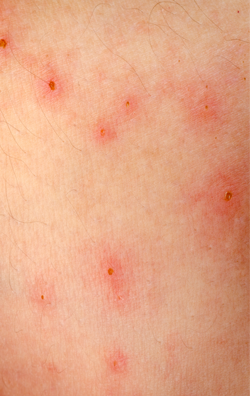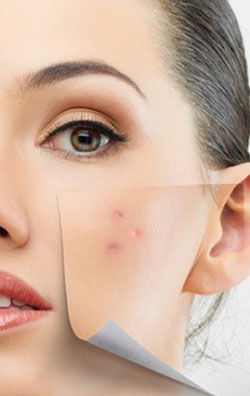
Alcohol related birth defects are also known as Fetal Alcohol Spectrum Disorder (FASD) which is characterized by birth defects occurring as result of consumption alcohol by the mother during pregnancy. FASD also includes the Fetal Alcohol Syndrome (FAS). The exact prevalence of FASD is not known however approximately one out of 100 children suffers from FASD.
FASD includes defects due to impairment of physical, cognitive and behavioral functions. Although the severity and pattern of defects caused by prenatal exposure to alcohol vary from baby to bay one thing is common, all the damages are permanent.No amount of alcohol is safe during pregnancy; no matter how meager the amount consumed there is always risk of alcohol related birth defects in the baby.The damages once caused in the baby by alcohol is incurable however early diagnosis and appropriate intervention may reduce the severity of the damages as well as some of the resulting secondary disabilities.
Symptoms
As already mentioned the severity of alcohol related birth defects vary from one baby to another. The symptoms usually occur at three main levels of normal functioning; these are
1. Physical: common physical defects include
1) Abnormal facial development: typical widely set eyes with very thin upper lip and smooth skin in between the nose and the upper lip (smoothening of philtrum).The nose is also characteristically small and upturned.
2) Defect in limbs (both upper and lower), joints and also in the fingers.
3) Slowing of normal growth both before (low birth weight) and after birth.
4) Abnormal vision due to number of eye defects and hearing abnormalities
5) Decreased brain size and size of the head
6) Various congenital structural abnormalities in the heart, kidney and the bones.
2. Brain and nervous system associated problems: these include
1) Inability to maintain normal balance, gait and posture
2) Poor intelligence, learning abnormality, inability to hold attention for long time, inability to judge, mood swings, hyperactivity.
3. Behavioral and social problems: these problems include
1) Difficulty in interacting with people leading problem in school
2) Inability to make friends and coping with others, poor control
3) Poor development of social skills
4) Inability to stick to one task, to understand the concept of time, to plan to achieve goal.
Sometimes certain other health related problems may arise in later years of life; these are attention deficit hyperactive disorder (ADHD), certain conduct disorders like excessive aggression, anger management issues, repeated violation of social laws and norms, increased risk of abusing alcohols or other illicit drugs, certain mental health problems like depression, frustration, eating disorders like anorexia nervosa, bulimia etc, promiscuous sexual behavior, inability to maintain any relationship whether it is within the family, school or workplace.
Causes
In a pregnant woman following drinking of alcohol, it enters the general blood circulation and crosses the placenta to reach the growing fetus in the uterus. The growing baby metabolises alcohol at a much slower rate in comparison to an adult person, hence the fetal exposure to alcohol lasts for a longer period of time. Alcohol tends to interfere with the normal growth and development of the baby including those of the brain.Alcohol intake must be stopped in a woman who is planning to get pregnant as sometimes the women are not aware of her pregnancy at the early stage and the first few weeks are crucial for baby’s growth. Many of the structural abnormalities occur due to exposure to alcohol during early stage of development although alcohol exposure during the later stages of pregnancy is also not safe. No matter what is amount and what is the stage of pregnancy alcohol consumption must be avoided during pregnancy.
Treatment
There is no cure for alcohol related birth defects and all these are irreversible. However early diagnosis and proper management helps in reducing the degree of severity of certain physical and mental abnormalities also some secondary outcomes may also be prevented.Different people are to be involved in treatment plans; these are speech therapist, vocational therapists, psychologists, counselors etc. The affected child requires special care at school and also at home. The drinking problem of the mother should also be addressed to prevent alcohol related birth defects to occur in future pregnancies, if any and also to reduce the risk of suffering from alcohol related health conditions in the mother.





